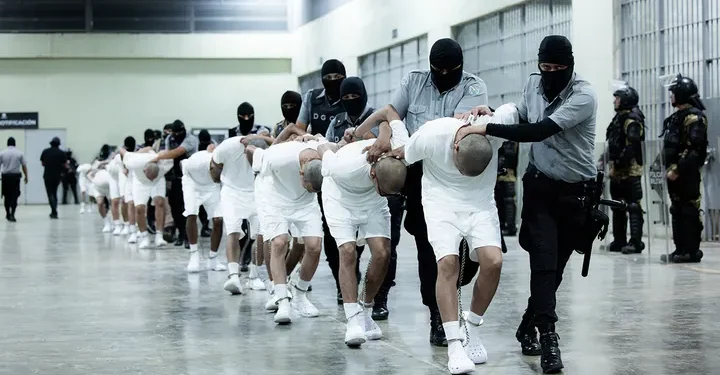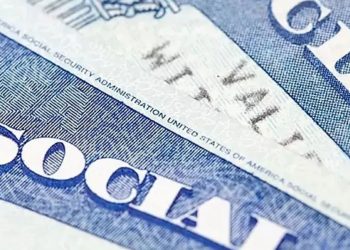A federal judge ruled Tuesday that the Trump administration can invoke the Alien Enemies Act (AEA) to deport criminal illegal immigrants affiliated with Venezuela’s Tren de Aragua gang—but only if due process rights are honored.
The 43-page ruling by U.S. District Judge Stephanie Haines, a Trump appointee, emphasized that while the government has the authority to use the AEA, it must provide adequate prior notice to individuals targeted for removal. This allows those immigrants to pursue habeas corpus or other legal challenges before deportation.
“Having done its job, the Court now leaves it to the Political Branches of the government, and ultimately to the people who elect those individuals, to decide whether the laws and those executing them continue to reflect their will,” Judge Haines wrote.
The ruling applies to Venezuelan nationals who are:
-
Not U.S. citizens or lawful permanent residents
-
At least 14 years old
-
Designated members of a Foreign Terrorist Organization, namely Tren de Aragua
President Trump issued an executive order on March 14 authorizing use of the AEA for deportations related to the gang’s alleged activities in the U.S.
Conflicting Court Opinions
Judge Haines’ decision contrasts with another recent ruling from U.S. District Judge Fernando Rodriguez Jr., who concluded that the Alien Enemies Act does not authorize the deportation of gang members.
“The president’s invocation of the AEA through the Proclamation exceeds the scope of the statute,” Judge Rodriguez wrote, arguing that it goes against the statute’s plain meaning.
Ongoing Crackdown
In recent months, U.S. authorities have deported over 250 suspected gang members to El Salvador, including 238 linked to Tren de Aragua and 23 to MS-13, according to El Salvador’s government. The deportees were flown to San Salvador and sent to the CECOT mega-prison, under heavy military security.
The Biden administration has not commented on whether it will appeal or modify deportation procedures in response to the ruling.









